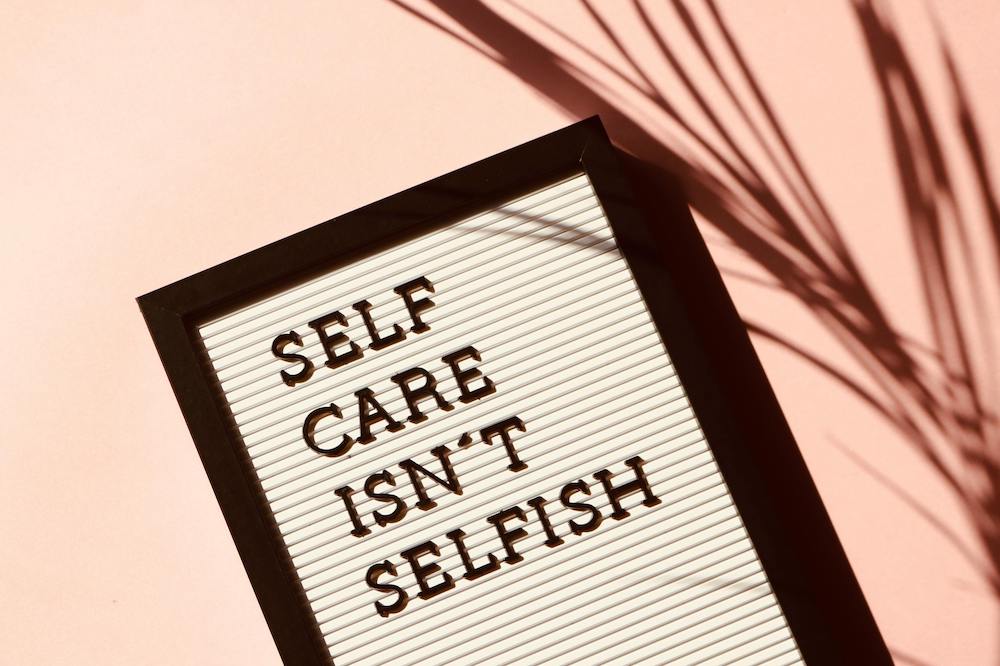postpartum anxiety Tag
22 Jun The Effects of Pandemic Stress on Pregnant Women
During the pandemic, pregnant women were twice as likely to experience depression than were pregnant women before the pandemic.²
Good news Mama! COVID-19 cases and deaths have been declining for the last year. So, the World Health Organization recently downgraded the COVID-19 pandemic from a global health emergency to a health “threat.”08 May Postpartum Anxiety, Panic & OCD
In honor of Maternal Mental Health in May, let’s look more closely at postpartum anxiety, panic, and obsessive compulsive disorders (OCD). Postpartum anxiety, panic and OCD is part of a broader classification of postpartum mood disorders, which also includes postpartum depression and postpartum psychosis. Postpartum anxiety disorders are very common in women, often occurring immediately or within 4-6 weeks after giving birth. Postpartum anxiety is characterized by fearful and distressing thoughts or feelings after the birth of the baby.04 Oct Postpartum Depression: What you Need to Know
Depression during pregnancy and postpartum is the most common mental health condition Being pregnant and becoming a parent is often a time of joy and excitement. It can also be a time of worry and doubt, especially if this is your first time becoming a parent.5....




